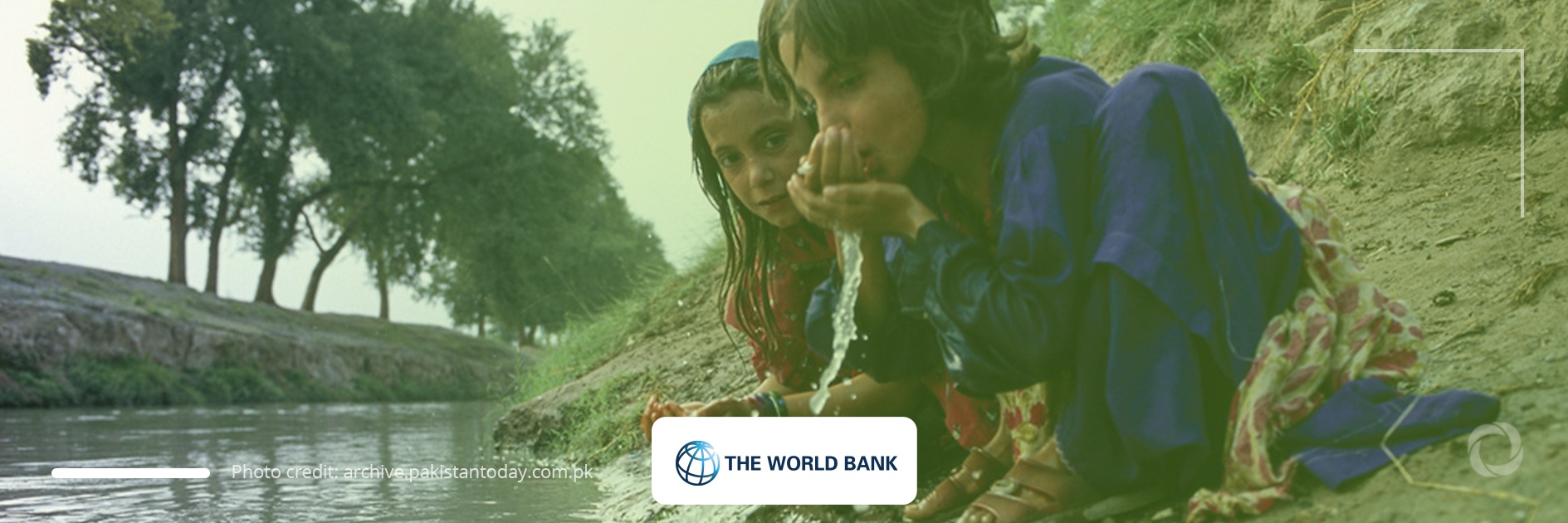As diarrhea and stunting rates continue to affect children in Pakistan’s rural settlements, on June 18 the World Bank approved US$442 million in financing to upgrade the water supply and sanitation infrastructure in the country.
The World Bank approved this contribution to the US$553 million Punjab Rural Sustainable Water Supply and Sanitation Project (PRSWSSP) which aims to provide equitable and sustainable access to drinking water and safe wastewater management. In addition to prioritizing rural settlements where water contamination and poor sanitation practices – the major causes of illness and child stunting – are more prevalent, PRSWSSP aims to improve health outcomes by reducing water-borne illnesses in the Punjab province of Pakistan.
According to UNICEF, about 39,000 children under five years of age die annually in Pakistan from diarrhoea caused by unsafe water and poor sanitation. Diarrhoea is the second leading cause of death in children under five years old.
To address this issue, PRSWSSP is expected to implement tailored, cost-effective solutions for both large and small rural settlements in 16 districts, with 50% of the districts being in south Punjab and 25% each in central and north Punjab. The project will benefit 2,000 villages and more than six million people in rural areas.
“RSWSSP will support investments that increase climate resilience including flood protection, rainwater harvesting, and water conservation in these districts,” Najy Benhassine, World Bank Country Director for Pakistan, said. It will help more than six million rural residents in the poorest districts of Punjab to reduce child stunting, he added.
Ghazala Mansuri, co-Task Team Leader for the project, said that child stunting is endemic and a huge constraint on Pakistan’s potential.
“It impacts a child’s cognitive development and immune system, reducing educational attainment, making illness more likely, and leading to lower productivity and income.” She said that the project would provide the template for a transformational shift in human capital accumulation since it addresses all the determinants of stunting.
A report (2018) observed that although poverty had declined significantly in Pakistan, falling from 64% in 2001 to about 30% in 2014, contamination rates in the country were higher in households with poor handwashing practices and where animals were allowed within the dwelling. This downward trend appears to have been reversed following the economic crisis faced by the country in 2018 coupled with the effects of the pandemic in 2020 when half the working population lost either their jobs or income. A report by the World Bank shows that “poverty incidence is estimated to have increased in FY20 from 4.4 to 5.4 percent, using the international poverty line of $1.90 PPP 2011 per day, with more than two million people falling below this poverty line”. The report also noted, “Moreover, 40 percent of households suffered from moderate to severe food insecurity.”


